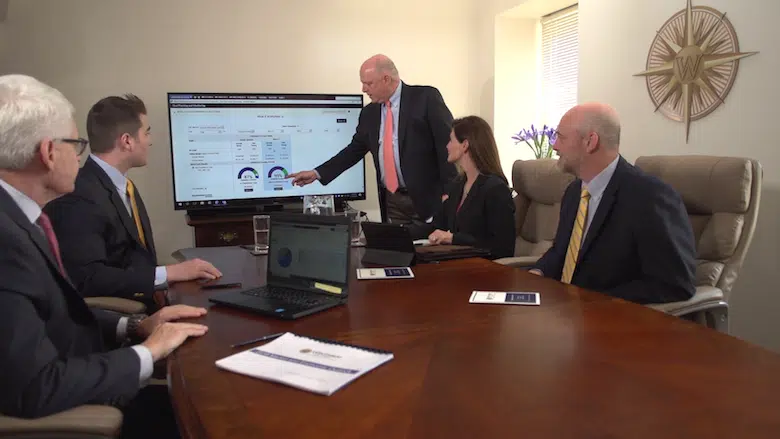Curiously, when choosing a Financial Adviser, there is one big criterion to deemphasize and a dozen more important criteria to focus upon. A Four-Step Guide:
Step One: Deemphasize Performance.
- Selecting a Financial Adviser by their purported investment performance is like judging a book by its cover.
- Beware of Financial managers who quickly state their returns and try to close the deal. Its very easy for Advisors to favorably manipulate their returns.
- There is no one standard for multi-account investment managers to report investment returns, and as a result, there are a number of ways a manager may unfairly manipulate their performance.
Step Two: Initially its better to screen for factual and behavioral attributes such as the Advisor’s Fiduciary status, their disciplinary record, and their experience.
- Check to see whether they are licensed securities brokers, insurance brokers, bankers or Registered Investment Advisors
- Go to https://brokercheck.finra.org/check to check on the investment manager’s complaint and disciplinary record
- Review their ADV Part 2 if they are a Registered Investment Advisor, otherwise ask for their resume.
- The candidate’s Fiduciary status should be a primary consideration.
- Is the advisor an SEC sanctioned Fiduciary? Only Fiduciaries are required to exclusively act in your best interests and disclose any conflicts.
- Is the Advisor also NAPFA sanctioned Fee-Only Fiduciary? They will not accept commissions that may influence their advice to you.
Step Three: Qualitative Screens for Compatibility.
- You are entering a potentially long-term relationship. Make sure that you are compatible.
- Focus on the Advisor’s empathy and understanding of you and your objectives.
- Are you comfortable with the way your advisor communicates?
- Assess the cohesiveness and long-term viability of the firm.
- Does the firm operate as a one-man-band or a team of peers? Are at least two professionals working on your account?
- A relationship may last decades. Will your advisor be there in 20 years? Does the firm have an orderly perpetuation plan in place?
Step Four: Assess the Adviser’s claims of Investment Performance
- There are many ways for an adviser to calculate returns; Don’t blindly accept the adviser’s returns.
- Question their calculations including:
- The use of objective third-party calculating software
- Ask if the returns based on the adviser’s entire portfolios or were the returns quoted simply cherry picked from a specific client who had high returns?
- Are all fees included?
Good luck with your due-diligence! If you have questions please contact Thomas.Saunders@winthropPartners.com or call 267-454-4585.

Thomas Saunders is the Managing Partner of Winthrop Partners. Prior to founding Winthrop Partners, Tom was Senior Vice President at what is now JP Morgan. His career includes senior and executive roles at Brown Brothers Harriman and First Niagara Bank, a top 25 Bank. Click here to contact Thomas Saunders about your investment and planning requirements.

